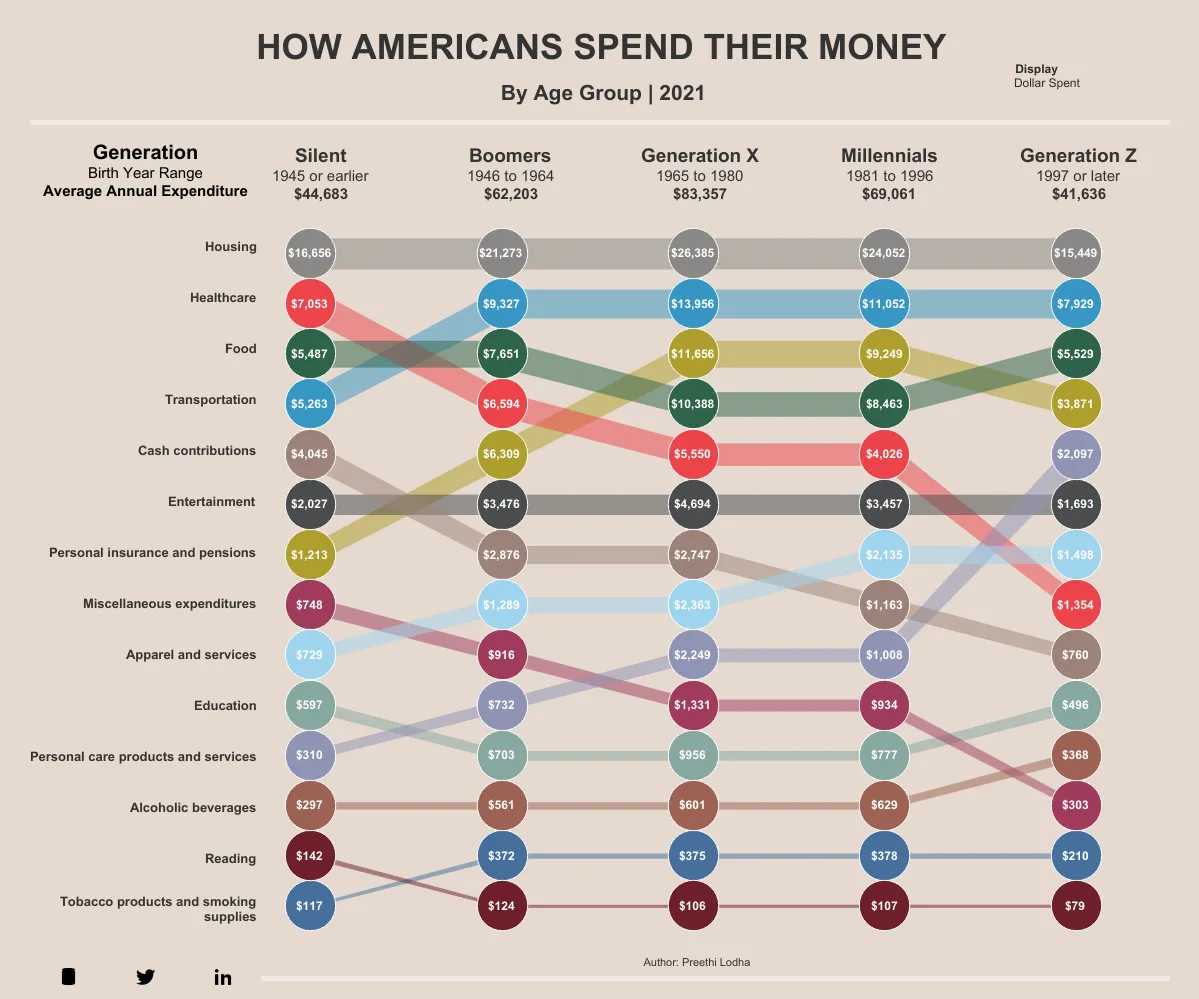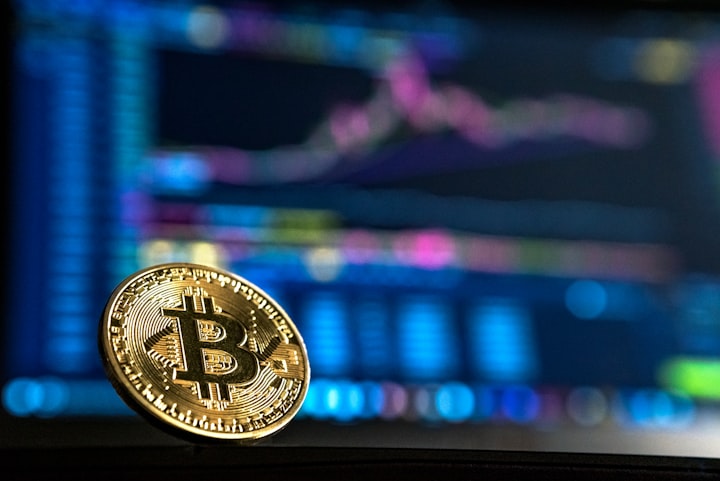Navigating Market Cycles, Why U.S. Should Reject CBDC, American Gen Spend, California Natural Gas Heater Ban
"When things go badly, people become cautious. Then their caution causes things to go well, and when things go well, they become incautious. I think that's a forever cycle."
- Howard Marks
Jump to: Energy, Business, Economics
Navigating Market Cycles w/ David Stein
David Stein is a former chief investment strategist at Fund Evaluation Group. A $70 billion investment advisory firm. In this episode, David teaches you how to position yourself according to the current market cycle.
"Mastering the Market Cycle: Getting the Odds on Your Side" by Howard Marks
What else?
- What Is In Your Control? Your Own Behavior. (The Big Picture)
- Higher real interest rates are bad for stocks (Capital Spectator)
- John Templeton’s Way (ValueWalk)
- Is it 2008 All Over Again? Not in the US. (Miller Value Partners)
- 6 tech giants lost combined $4 trill in market cap since their peaks (The Irrelevant Investor)
- Have Stocks Become Cheap? It Depends. (Morningstar)
- July Case-Shiller numbers show deceleration in home prices. (CalculatedRISK)
- Warren Buffett: You Cannot Get Rich With A Weather Vane (The Acquirer's Multiple)
Why Should the U.S. Reject Central Bank Digital Currencies (CBDCs)?
As of May 2022, more than 100 countries*, representing 95% of world GDP, are in some phase of CBDC exploration. Why are these central banks so interested in a CBDC? Because it would give governments and central banks levels of tracking and control never before seen in history.
Today, at a digital finance panel hosted by Banque de France, U.S. Federal Reserve chairman Jerome Powell said a CBDC in the U.S. would have "privacy protection." Immediately after, he contrarily states a CBDC would have "identity verification" and would "not be anonymous." See clip below.
JUST IN: 🇺🇸 FED Chair Jerome Powell says a US CBDC "would not be anonymous." pic.twitter.com/6IhHytMOuM
— Watcher.Guru (@WatcherGuru) September 27, 2022
Natalie Smolenski, of the Bitcoin Policy Institute, with Dan Held, has published a wonderful paper examining the main problems with CBDCs. The paper, titled "Why the U.S. Should Reject Central Bank Digital Currencies (CBDCs): Preserving the American Model of Political Economy Against Growing State Control of Economic Life," states that "...with both the imposition of CBDCs and the elimination of physical cash, the ability to anonymously transact will also be eliminated. This destruction of the last remnants of financial privacy is touted by governments as necessary to prevent financial crimes."
The paper also touches on the oxymoronic nature of "centralized blockchains." Central banks clearly see the value in the blockchain technology, but its decentralized nature would mean central banks relinquishing control. Smolenski elaborates, "...central banks are also aware that digital cash is the future, and they want to ride this wave of innovation. How can they participate in this technological advancement without abdicating their roles as creators and managers of sovereign (fiat) currencies? One popular answer: centralized blockchains."
The paper's warning of potential increases in privacy violating surveillance behavior toward individuals, by governments worldwide via CBDC implementation, is a valid one worth investigating further.
* The Central Bank Digital Currency Tracker by Atlantic Council provides data on all current CBDC projects worldwide.
How American Generations Spend Their Money
Data analytics viz whiz Preethi Lodha used data from the Bureau of Labor Statistics to visualize how multiple American generations spent their money in 2021.

What else?
- The Cost of Car Insurance Has Dramatically Increased Every Month This Year (Mish Talk)
- US Housing Prices Fall for First Time Since 2012 (Bloomberg)
- 30 Year Fixed Mortgage Rate at 7.08%, highest since 2002 (Mortgage News Daily)
- America’s Expensive Gamble On Electrical Vehicles Won’t Move The Climate Needle (Hoover Institution)
How Liquidating Unwanted Goods Became A $644 Billion Business
"A record number of online returns has created a booming $644 billion liquidation market. The nation's only major public liquidator, Liquidity Services, resells unclaimed mail, items left at TSA checkpoints, and outdated military vehicles. It also refurbishes highly sought after electronics, from noise-canceling headphones to the machines that make microchips. Inside Liquidity Services' 130,000-square-foot warehouse in Garland, Texas, the aisles aren't lined with typical merchandise. Instead, they're stacked with returns from Amazon, Target, Sony, Home Depot, Wayfair and more, all in the process of being liquidated."
What else?
- Nikola recalls all the electric trucks it has built so far (FreightWaves)
- Philippines to shut 175 offshore gambling firms, deport 40,000 Chinese workers (CNN)
- Pentagon to pour $1.2 billion into ‘critical’ biomanufacturing industry (Breaking Defense)
- Lyft freezes all US hiring until EOY amid stock slump (New York Post)
- Wall Street fined $2B over employees using unauthorized messaging apps (Fortune)
California To Ban Natural Gas Heaters By 2030
California, which already struggles to keep the lights on, has approved a proposal to ban gas-powered water heaters and furnaces by 2030. Californians will have to start using all-electric heat pumps, which have risen in popularity in Europe, but the majority of California's electricity is still generated from natural gas fired power plants. This could put even more strain on California's electric grid, and increase natural gas usage, when paired with the state's ban on gasoline powered cars starting in 2035.


Comments ()